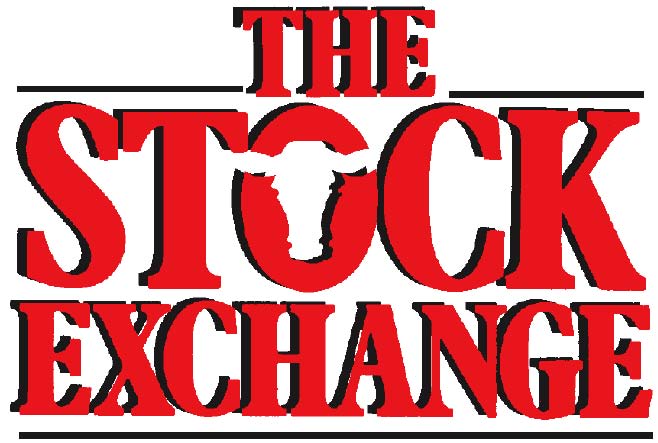State meteorologist says local weather information is free
By Shelby Varner, K-State Research and Extension news
MANHATTAN, Kan. — Anyone who has ever lived in Kansas knows that the weather can change quickly, a fact that Chip Redmond thinks makes the Kansas Mesonet especially valuable in the state.
Redmond, a meteorologist and manager of the Kansas Mesonet, said the program is working to continue spreading its multiple resources across Kansas for citizens. He noted that 75 Mesonet stations are collecting weather information in Kansas and providing it in real time to the public via the Kansas Mesonet website.
“The main focus of the Kansas Mesonet is to collect weather data and disseminate that information to people in a way they can easily use it,” Redmond said.
Mesonet is a term that refers to a network of regional weather stations. In Kansas, Redmond said one goal is to make sure no part of the state is underrepresented, especially due to the quick and varied weather within short distances.
“Our weather stations collect soil temperature, soil moisture, precipitation, temperature and humidity, pressure, wind speed and wind direction,” Redmond said.
The weather stations also collect data on freeze monitoring and crop thresholds of temperature. If farmers are concerned about wheat injury, they are able to identify, “how long we were below those thresholds at which locations,” according to Redmond.
Soil temperature is another important consideration for farmers when they are deciding when to plant their wheat. “You can view weekly averages, daily maximums and minimums, and look at the statewide soil temperature variance in real-time at (depths of) 2 inches and 4 inches,” Redmond said.
The weather stations also collect information on soil radiation which he said, “is a key for agriculture and is needed by irrigators to calculate evapo-transpiration.”
Redmond believes that collecting soil moisture and soil radiation allows for a perspective to be formed from the soil up. “All of those tools update on either a 5 or 15 minute timeframe depending on how much processing has to happen in the background,” said Redmond, adding that the continual updates allow for accurate and up-to-date information for farmers.
More information on the Kansas Mesonet and access to state weather information is available at https://mesonet.k-state.edu.
